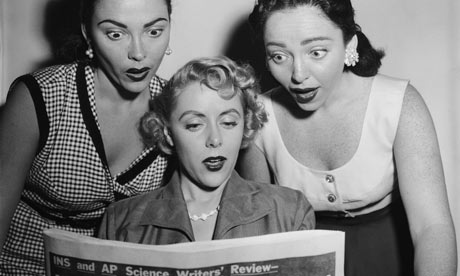When Mr. Norton brings up the story of his daughter and tells it to the Invisible Man, I was reminded of King Midas; the king of irony. How they both loved their daughters, their eventual deaths and how much power they had stood out. Because both men had some sort of involvement in their daughters' deaths, I thought about the irony that was taking place in Norton's character. Clearly, he was a lonely yet loving and forgiving man who believed in his contributions to the college. However, the ironies that began to characterize Mr. Norton's and the Invisible Man's relationship were just as characteristic of the situation as the ones mentioned before.
First of all, the little prejudice Mr. Norton has on the Invisible Man (from now on referred to as IM) allows him to share personal stories such as the tragic loss of his daughter. As their bonding continues, IM, who is driving Mr. Norton, one of the college's trustees, around campus is unable to answer some of the questions about fate that puzzle Mr. Norton. I thought it quite ironic that an educated man sought for answers in a college student of what was considered an 'inferior' race and who was nonetheless than his chauffeur. The fate conversation also stood to me because Mr. Norton wanted to know how his fate would be affected by the college, his contributions and finally, IM. This led me to another irony: it was college that made IM invisible.
Mr. Norton wondered what his fate had in store while IM, as we've already found out was made invisible by the institution Mr. Norton was so proud of. The last page of Chapter 4 made everything even more ironic. Just as IM and Mr. Norton are saying goodbye, the sad yet comforting farewell may have one think that everything would be alright. Instead, this is when the previously mentioned "College made me invisible" kicks in. Something that has yet to happen in college is responsible for IM's invisibility. The irony here is that the institution for which Mr. Norton cared so deeply about, was actually going to make the student he had befriended invisible, the complete opposite than what he wanted.
Another incident in which Mr. Norton was involved in, their encounter with Jim Trueblood, and him rewarding the rapist with $100 is just proof of the ironies that surround Mr. Norton. Irony is itself a recurring literary device that throughout the novel helps emphasize injustice, intolerance and the naiveness of the blind society. However, Mr. Norton epitomizes irony as all of the situations he was in had some sort of irony.
First of all, the little prejudice Mr. Norton has on the Invisible Man (from now on referred to as IM) allows him to share personal stories such as the tragic loss of his daughter. As their bonding continues, IM, who is driving Mr. Norton, one of the college's trustees, around campus is unable to answer some of the questions about fate that puzzle Mr. Norton. I thought it quite ironic that an educated man sought for answers in a college student of what was considered an 'inferior' race and who was nonetheless than his chauffeur. The fate conversation also stood to me because Mr. Norton wanted to know how his fate would be affected by the college, his contributions and finally, IM. This led me to another irony: it was college that made IM invisible.
Mr. Norton wondered what his fate had in store while IM, as we've already found out was made invisible by the institution Mr. Norton was so proud of. The last page of Chapter 4 made everything even more ironic. Just as IM and Mr. Norton are saying goodbye, the sad yet comforting farewell may have one think that everything would be alright. Instead, this is when the previously mentioned "College made me invisible" kicks in. Something that has yet to happen in college is responsible for IM's invisibility. The irony here is that the institution for which Mr. Norton cared so deeply about, was actually going to make the student he had befriended invisible, the complete opposite than what he wanted.
Another incident in which Mr. Norton was involved in, their encounter with Jim Trueblood, and him rewarding the rapist with $100 is just proof of the ironies that surround Mr. Norton. Irony is itself a recurring literary device that throughout the novel helps emphasize injustice, intolerance and the naiveness of the blind society. However, Mr. Norton epitomizes irony as all of the situations he was in had some sort of irony.


